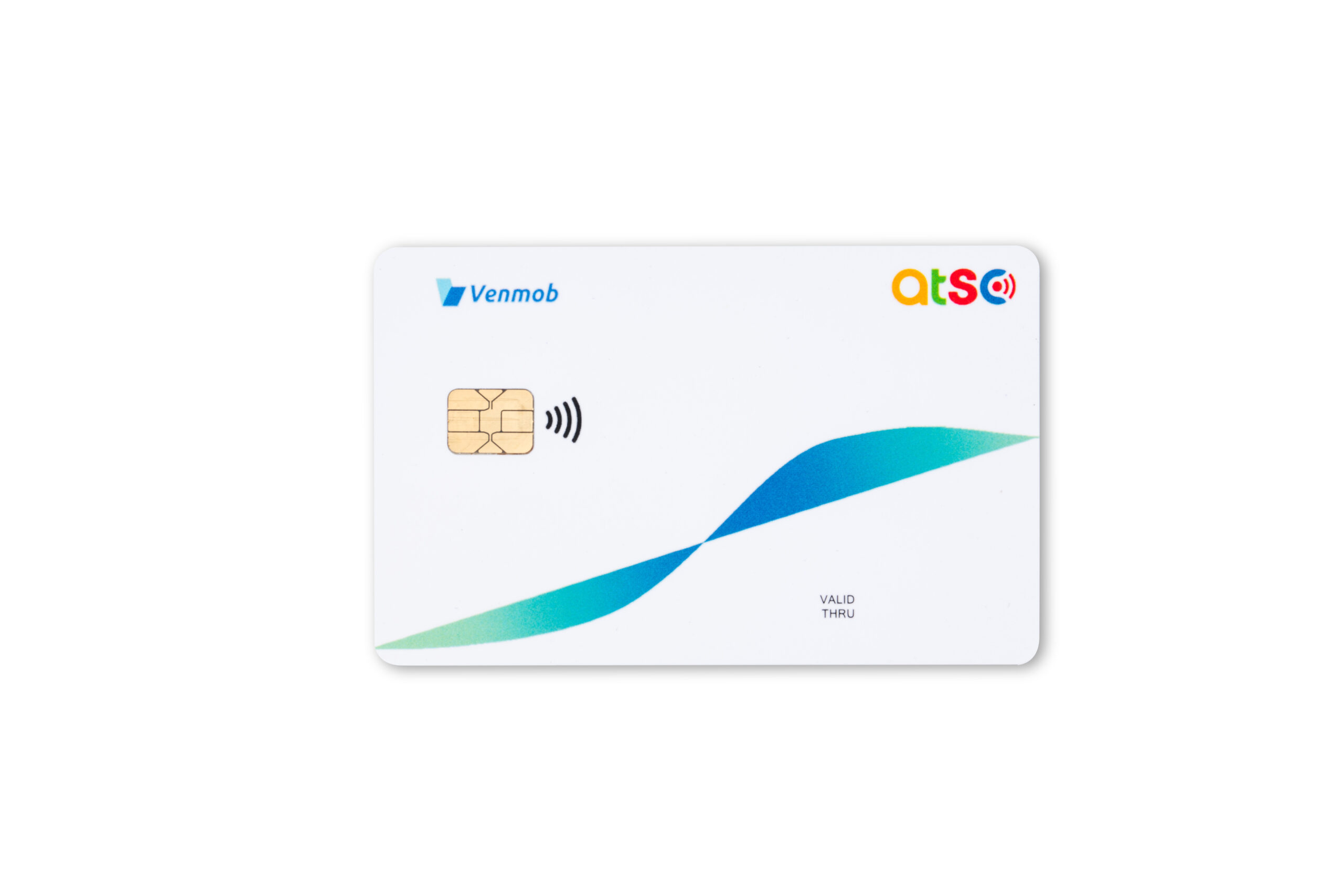
How do Java chip cards support secure transactions?
Digital financial transactions and data security are among the most critical concerns in today’s digital world. Java chip cards are now available in many transaction venues and have become an important tool to support secure transactions between various applications. These cards use advanced technology to provide robust security features to protect sensitive information and ensure the integrity of transactions. This guide will explore how Java chip cards support secure transactions.
Java Chip Card Technology: The Foundation of Security
Java Card technology is at the heart of these cards, providing a versatile and secure application platform. The Java Card platform supports the execution of Java-based applications on the card’s embedded microprocessor, enabling secure storage and data processing. The Java Card architecture includes a secure operating system that isolates and protects applications from unauthorized access. This isolation is an excellent way to prevent malware or unauthorized users from tampering with the data on the card. By leveraging Java Card technology, Java chip cards secure sensitive information, preventing unauthorized access.

Encryption and Authentication with Java Chip Cards
Encryption and authentication are essential components of secure transactions, and Java chip cards use robust cryptographic algorithms to protect data during transmission and storage. This cryptographic nature ensures that data between the card and external systems remains confidential and secure. In addition to encryption, Java Chip Cards use advanced authentication methods to verify the user’s identity, requiring the user to provide multiple verification forms, such as a PIN, biometric data, or OTP. This multi-layered approach enhances security by adding additional barriers to unauthorized access, making it more difficult for potential attackers to compromise the card’s security.

Secure Storage of Sensitive Data
One of its main advantages is its ability to store sensitive data securely. These cards have an embedded secure element that provides protected storage for critical information, cryptographic keys, and financial data. The secure hardware storage used is resistant to physical attacks and manipulation. This means that even if an attacker gains physical access to the card, the secure element prevents unauthorized extraction or alteration of the stored data. So, by providing a secure storage solution, Java chip cards also help prevent data breaches and protect sensitive information.

Secure Payment Transactions
These cards are widely used in payment applications for credit and debit card transactions and contactless payments. It uses encryption, authentication, and secure storage to protect payment information and prevent fraud. When a payment transaction is initiated, a unique cryptographic token is generated to authenticate it. The system securely transmits this token to the payment processor, verifying and processing it. Using a unique token for each transaction helps prevent replay attacks and ensures malicious actors cannot intercept or reuse transaction data.

Applications in Authentication and Access Control
In addition to payment transactions, Java chip cards are commonly used in authentication and access control applications. These cards provide a secure way to verify an individual’s identity and grant access to restricted areas or systems. They are perfect for various occasions, including employee badges, government ID cards, and healthcare identification. For example, an employee access control system securely stores access credentials and uses cryptographic methods to verify the cardholder’s identity. This ensures that only authorized personnel can access secure areas or sensitive information.
Security Benefits of Java Chip Cards
Using Java Card technology, encryption, authentication, and more, these cards provide a comprehensive solution for protecting sensitive data and ensuring transaction integrity. Java chip cards are reliable and versatile for businesses and organizations looking to enhance their security infrastructure. Users can ensure the security of their transactions and data exchanges by taking advantage of their advanced security measures.


